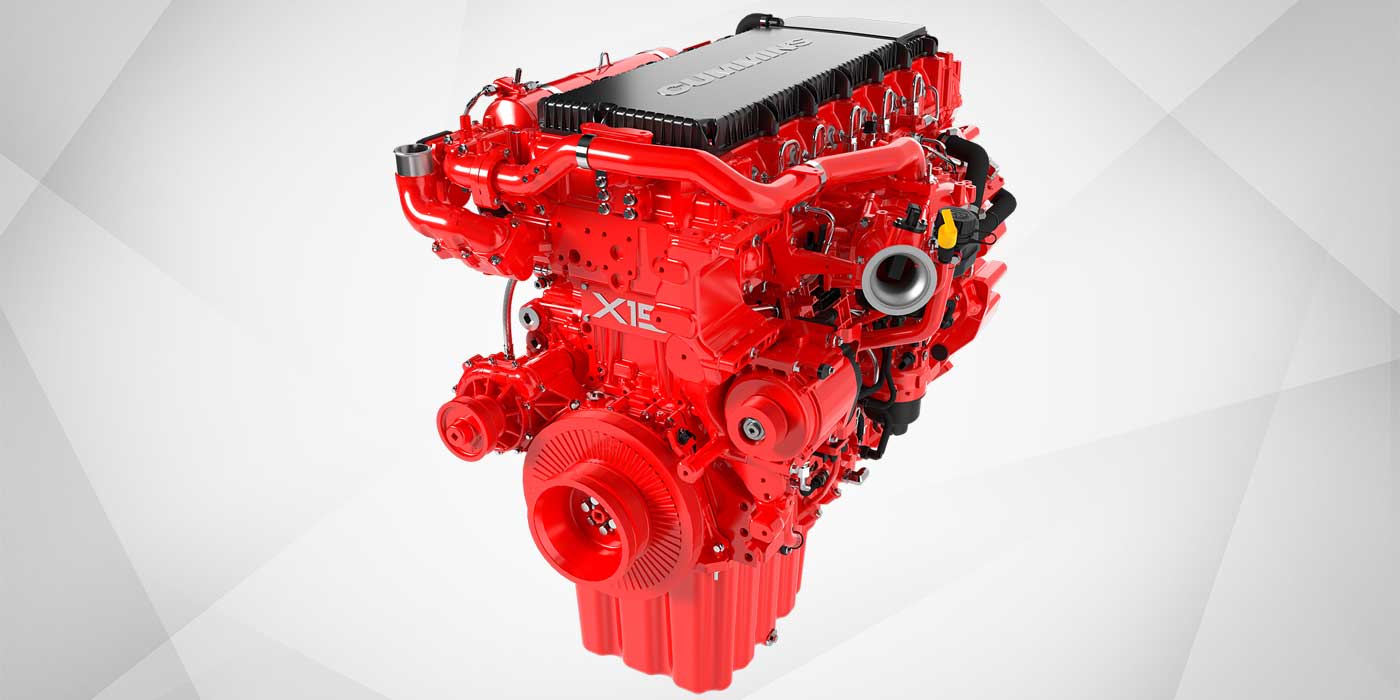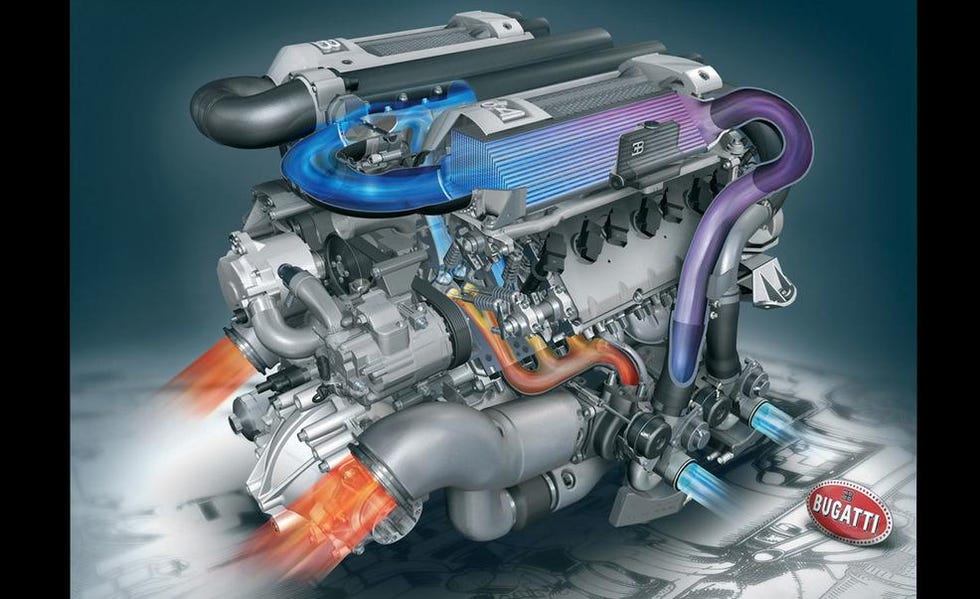A Full Overview to Choosing the Right Engine for Your Project
Selecting the ideal engine for your job is a critical choice that can significantly impact its general success. Each of these aspects plays a critical role in making certain that your chosen engine not only satisfies instant goals but also lines up with lasting aspirations.
Define Your Task Needs
Defining your task needs is an important step in choosing the proper engine for effective execution. A detailed understanding of your project's objectives will certainly assist you in identifying the functions and abilities required from an engine. Begin by outlining the scope of your task, including the wanted performance, target market, and the particular results you aim to attain.
Next, take into consideration the technological demands that align with your task goals. This includes examining the compatibility of the engine with existing systems, in addition to the programs languages and structures that will be used. In addition, examine the level of scalability required to fit future development or modifications in demand.
Spending plan constraints likewise play an essential duty in defining your job requires. Establish a clear monetary framework to guide your decision-making process, making sure that the engine picked fits within your budget while providing the needed performance.
Evaluate Performance Needs

Following, take into consideration the scalability of the engine. Analyze whether it can take care of boosted work as your job expands. Engines that support straight scaling are usually better for bigger applications. Furthermore, assess the engine's performance under various conditions, such as peak use scenarios, to ensure it satisfies your dependability requirements.
Consider Simplicity of Use
While technical specs are necessary, the convenience of usage of an engine can considerably impact the development process and total job success. An user-friendly interface, clear documentation, and structured workflows can substantially minimize the understanding contour for developers, enabling them to focus on creativity and problem-solving as opposed to facing complicated tools.
When evaluating an engine's convenience of use, consider the onboarding experience. A well-structured introduction, total with tutorials and example tasks, can promote a smoother transition for brand-new individuals. Furthermore, the clearness and comprehensiveness of the engine's documentation play an important function; detailed guides and API references can equip programmers to troubleshoot and apply features efficiently.
Another facet to take into consideration is the engine's customization abilities. An engine that enables simple adjustments can be much more easy to use, as developers can customize it to fit their specific needs without extensive problem. Lastly, assess the workflow assimilation with platforms and tools you currently use. A natural ecosystem can boost productivity and lower friction during the growth procedure. Ultimately, selecting an engine that focuses on convenience useful source of usage can lead to a much more effective and pleasurable growth experience.
Assess Community and Assistance
The toughness of an engine's neighborhood and support network can greatly influence a programmer's experience and success. When assessing an engine, think about the dimension and activity degree of its neighborhood.
Furthermore, assess the schedule of official assistance channels. Dependable documentation, receptive customer support, and routine updates are necessary for resolving technical problems and keeping your job on the right track. Engines For Africa. Active areas additionally cultivate partnership, providing opportunities for networking and comments, which can be vital, specifically for independent programmers or little groups
Additionally, investigate the existence of community-run occasions, such as hackathons or meetups. These events can improve your understanding of the engine while attaching you with prospective partners and experienced individuals. In recap, a durable area and support group not just simplify advancement yet also develop an environment for learning and advancement, eventually improving the probability of your task's success.
Contrast Cost and Licensing Choices
Spending plan considerations play an essential role in picking the ideal engine for your project, as the price and licensing choices can considerably influence both short-term expenditures websites and lasting viability. Engines For Africa. Various engines offer varying rates structures, which can consist of one-time purchase charges, membership designs, or revenue-sharing arrangements based on your project's incomes

Licensing alternatives also vary dramatically. Some engines are open-source, providing versatility and community-driven support, while others might call for proprietary licenses that restrict use and distribution. Recognizing the implications of each licensing design is crucial, as it affects possession civil liberties, future scalability, and prospective legal obligations.
Conclusion
To conclude, choosing the suitable engine for a task necessitates an extensive analysis of specified job demands, efficiency requirements, simplicity of usage, community assistance, and expense considerations. By systematically attending to these important variables, decision-makers can guarantee positioning with both future and current project needs. A knowledgeable option ultimately boosts the chance of project success, allowing efficient you can try this out source appropriation and taking full advantage of prospective outcomes within the defined budgetary restraints.
Picking the appropriate engine for your task is an essential choice that can dramatically influence its total success.Specifying your task requires is a vital step in choosing the proper engine for successful execution. An extensive understanding of your project's purposes will direct you in identifying the features and capacities required from an engine.Once you have a clear understanding of your job requires, the next step is to review the performance demands of the engine.In verdict, selecting the proper engine for a task demands a detailed examination of defined job demands, efficiency demands, convenience of usage, community assistance, and price considerations.